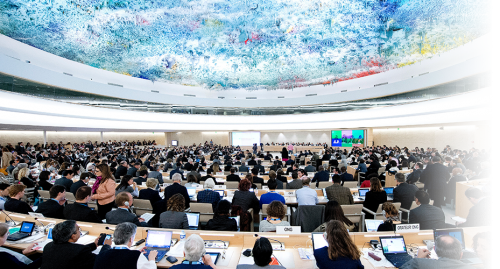
International System of Protection
The resources on this Module highlight the many commonalities between the United Nations system of protection for freedom of expression, and the regional systems in Europe, Africa and the Americas. Readings focus on their birth and development, their main treaties and freedom of expression provisions, and their corresponding instruments of enforcement and accountability, primarily Courts.
